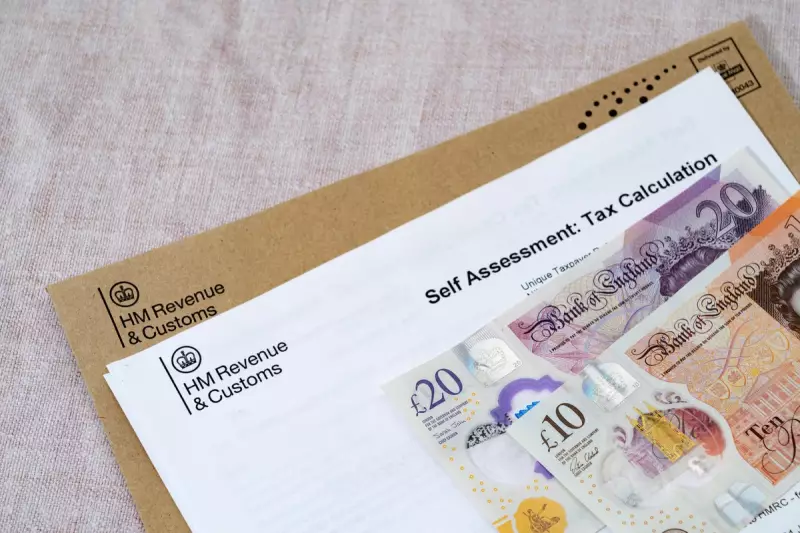
HM Revenue and Customs (HMRC) has issued a critical reminder to self-employed workers across the UK: the second payment on account for the 2023-24 tax year is due by 31 July 2024. Missing this deadline could result in hefty penalties and interest charges.
What Self-Employed Workers Need to Know
The payment on account system requires self-employed individuals to make two advance tax payments each year – one by 31 January and the second by 31 July. These payments are based on your previous year's tax bill and help spread the cost of your tax liability.
Key Points:
- The July payment is typically 50% of your previous year's tax bill
- If your income has decreased, you can request to reduce your payments
- Late payments incur interest charges at 7.75%
- Persistent late payers may face additional penalties
How to Avoid Penalties
HMRC recommends setting up a Budget Payment Plan if you're struggling to meet the deadline. This allows you to make regular, smaller payments towards your tax bill. Alternatively, you can apply to reduce your payments if your income has significantly dropped this tax year.
Experts warn that many self-employed workers forget about the July payment after focusing on the January deadline. 'It's easy to overlook the mid-year payment when you're busy running your business,' says tax advisor Sarah Wilkins. 'But ignoring it can lead to serious financial consequences.'
Digital Reporting Changes Coming
The reminder comes as HMRC prepares to roll out its Making Tax Digital for Income Tax scheme, which will require quarterly digital reporting for self-employed workers and landlords from April 2026. This major overhaul aims to simplify tax reporting but will require significant adjustments for many small businesses.
With the deadline fast approaching, self-employed individuals are urged to check their tax accounts and make arrangements to pay on time to avoid unnecessary charges.





